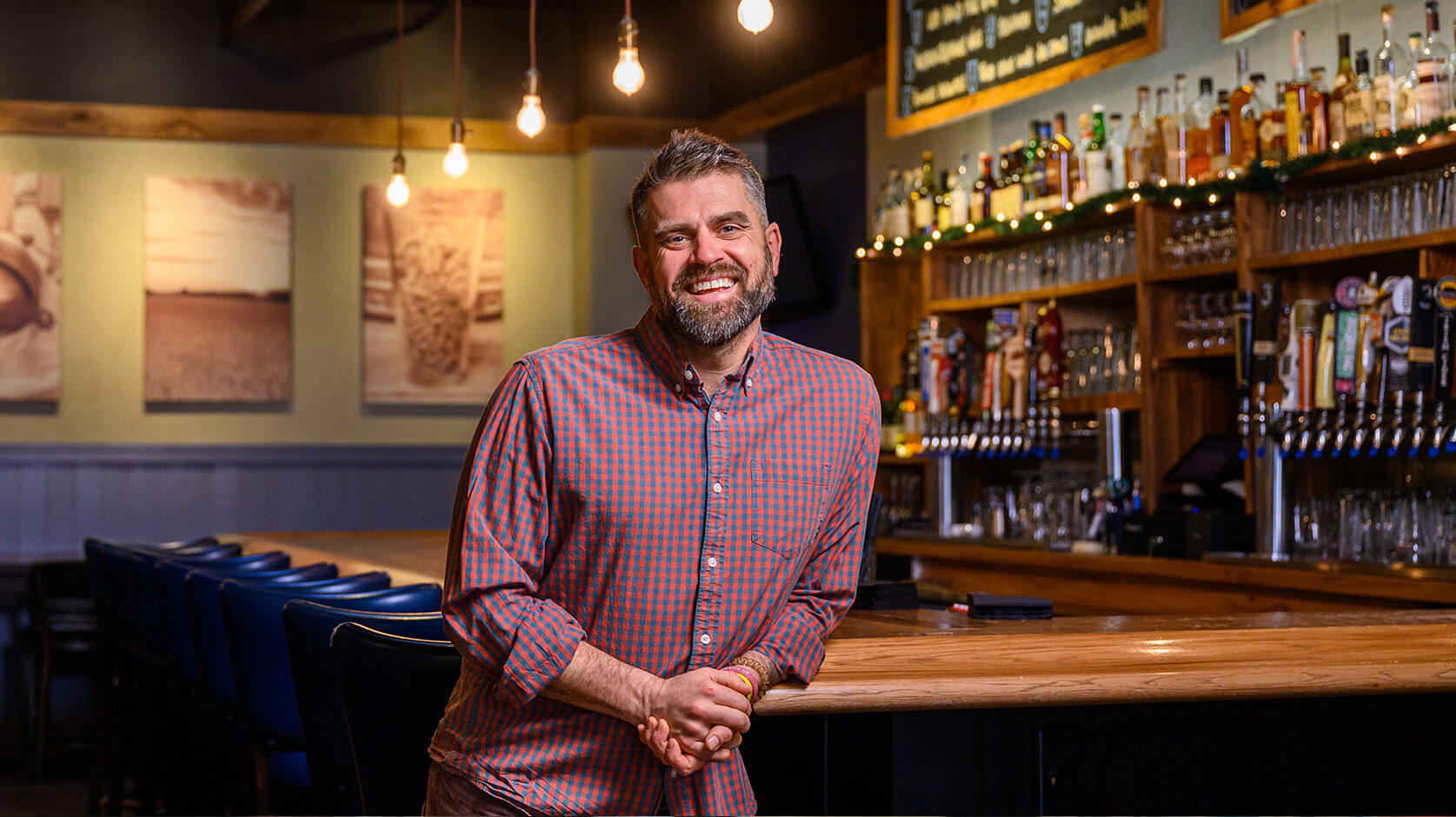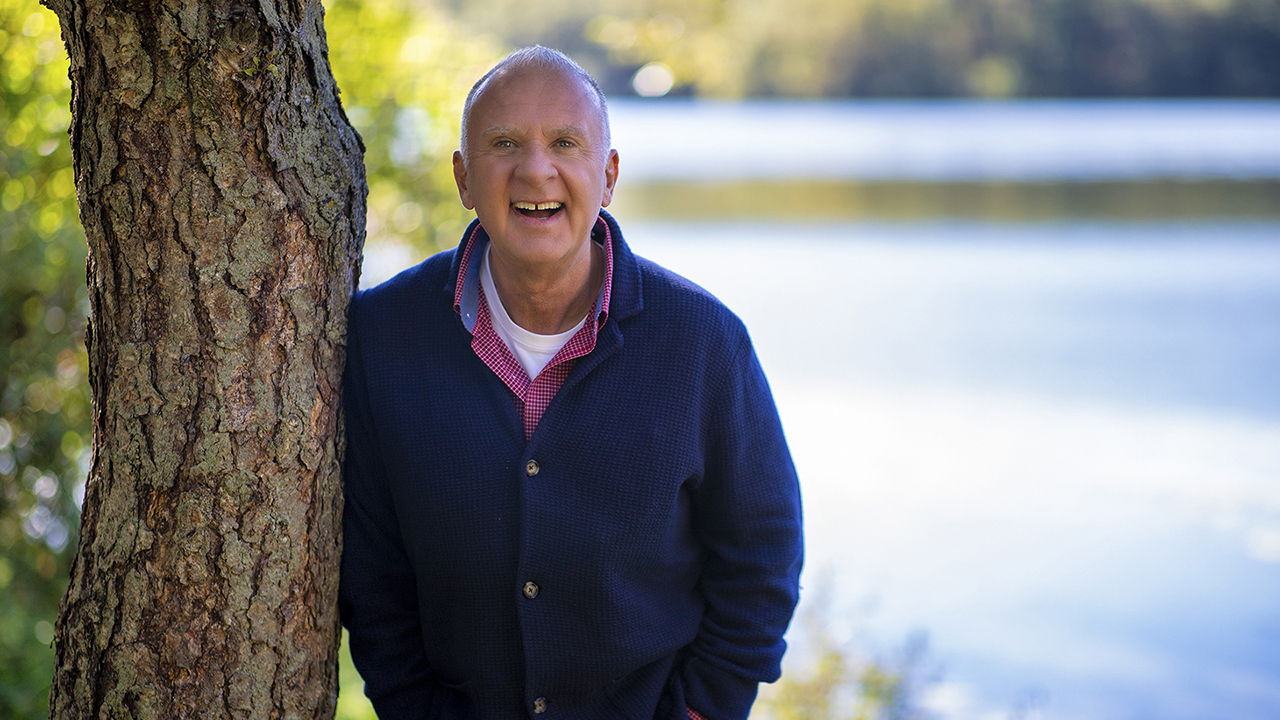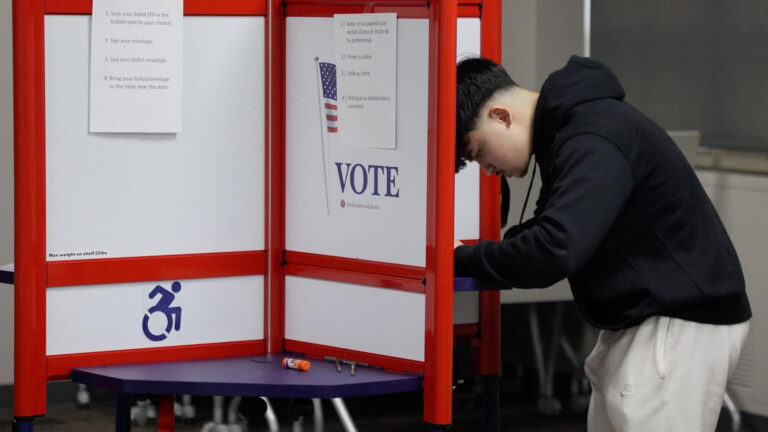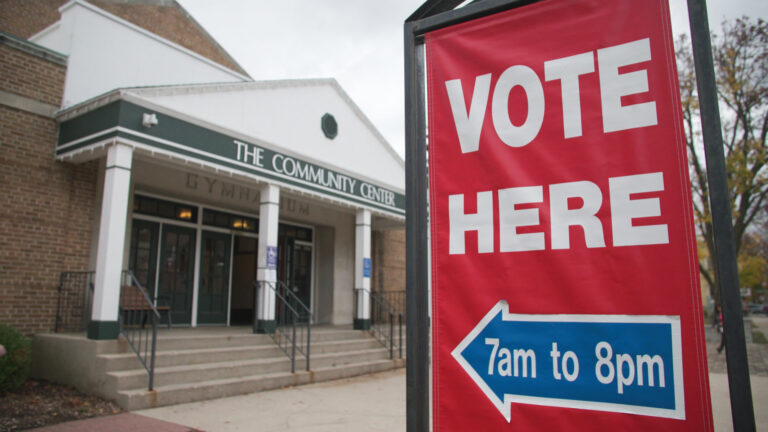Zac Schultz:
A handful of abortion bills were up for debate in the legislature this week. The only one to pass both houses so far is a bill requiring women to have an ultrasound procedure prior to having an abortion. Governor Scott Walker says he plans to sign it into law. Joining us from Waukesha is one of the law authors of the bill, Republican senator Mary Lazich. Senator Lazich, thanks for your time today.
Mary Lazich:
Thank you. Thank you for having me.
Zac Schultz:
What is the medical necessity of requiring a woman who wants to have an abortion to have someone describe an ultrasound to her?
Mary Lazich:
Well, what the bill does is it requires that a woman have an ultrasound prior to an abortion, and it requires that a physician performing the abortion have admitting privileges at a hospital within 30 miles. And the reason for this is it’s really a minimal level of health care provided for women. Many women in the last five to ten years, I’ve become very aware, have regretted their abortions, and have to live with that year after year, day after day. So what the bill does is require the ultrasound and the description of what is going on in the womb, the gestational size of the baby and how many babies there are and information that can be presented to the mom so that she’s fully aware and fully informed before going through with an abortion, and doesn’t regret it later.
Zac Schultz:
You talk about regret. Wisconsin already has a 24-hour waiting period for abortions and requires women to be provided information about the procedure. Do you think the ultrasound will make the difference for some women in having them change their minds?
Mary Lazich:
Well, what– what I think the ultrasound will do is provide information to women to be fully informed. Many women testify that they’ve been rushed through an abortion, told it was a blob of tissue, only to live with a lot of trauma years later. What this bill will do is fully inform them of the baby they’re carrying ,and then they make that decision whether to terminate or not to terminate. And they hopefully don’t have the abortion trauma and the regret that exists today with many women.
Zac Schultz:
Why do they need the admitting privileges at a hospital within 30 miles? Why did you come up with that standard and that mileage?
Mary Lazich:
Well, most physicians in the state of Wisconsin have admitting privileges at a hospital, and it’s– it’s a– I would like to think a routine procedure. And if a facility doesn’t have those admitting privileges, doesn’t do that ultrasound, that’s a minimal level of health care that in Wisconsin we can do better than that. We can stand by women and we can give them a better minimum level of health care to have admitting privileges in the event of an emergency during an abortion, to have admitting privileges and to take care of the woman. At the present time, some facilities don’t have that and women are left to make their way to an emergency room and try to describe what’s happened to them and the reason they’re there. And, you know, if a facility doesn’t provide that type of thing, meaning the ultrasound and admitting privileges, it really sends up a red flag and you really want to think about seeking health care from that type of facility.
Zac Schultz:
Well, one of the facilities that fits that description is in Appleton. Planned Parenthood says their facility there will have to close because the doctors there don’t have admitting privileges within 30 miles. And they’re saying that because you can’t make abortion illegal, this is just another way to make it as difficult as possible to obtain. How do you respond to that?
Mary Lazich:
Well, what it is, it’s to make the woman fully informed so that she doesn’t regret the decision. She’s fully informed, she makes that decision that she has a comfort level and has really thought this through, has been provided with a lot of information and then decides, you know, she chooses to terminate the pregnancy. But she has full information. Or she gets this information and decides this is not in the best interest of myself or my child, and I don’t want to have an abortion and chooses to carry the baby to term. And we had several testimonies about women that received an ultrasound and today are– have healthy, beautiful children or are expecting children and are very comfortable with their decision and happy about it and testimonials about the children and the grandparents and, you know, a tremendous amount of happiness and not regret. And then we had testimony from women that had abortions and regretted it and lived with trauma day after day after day. They live with the fact that they– you know, their belief is they killed their child and they weren’t fully informed. They were told it was a blob of tissue. They were rushed through the procedure. They didn’t have ultrasounds, and I think that’s a minimal level of care, minimum, to have an ultrasound, minimum, to have a physician with admitting privileges. For a physician to do that type of procedure and not have admitting privileges, that’s someone I would certainly be very uncomfortable with as a physician, that doesn’t even have admitting privileges, but is doing surgical procedures. That’s alarming.
Zac Schultz:
We’ve got about 30 seconds left. So briefly explain to me, some of the medical groups are saying this is an intrusion by the legislature into the doctor-patient relationship. How do you respond to those claims?
Mary Lazich:
This is not an intrusion into the doctor-patient relationship. This is providing full information to an expectant woman, an expecting mother, expectant mother. It’s providing full information to her. And I would like to think any physician worth his salt, any reputable physician, would be doing this anyway. There are facilities that do do the ultrasound, the admitting privileges and provide that minimal level of health care. And there are facilities who apparently don’t. And if they don’t have those two minimum level of healthcares, they really need to have that. And if they don’t in Wisconsin, I mean, we have wonderful health care facilities, we have wonderful education facilities, the UW-Medical School, the medical college of Wisconsin. We are very fortunate to have wonderful physicians, wonderful technology, readily available technology, and there’s just no excuse not to provide women that minimal level of health care.
Zac Schultz:
Senator Lazich, thanks for your time.
Mary Lazich:
Thank you.
Search Episodes
News Stories from PBS Wisconsin
04/01/25
Underly wins Wisconsin’s 2025 state superintendent election and state voter ID amendment passes
03/31/25
How a 2025 election in Wisconsin became the most expensive race for a court seat in US history

Donate to sign up. Activate and sign in to Passport. It's that easy to help PBS Wisconsin serve your community through media that educates, inspires, and entertains.
Make your membership gift today
Only for new users: Activate Passport using your code or email address
Already a member?
Look up my account
Need some help? Go to FAQ or visit PBS Passport Help
Need help accessing PBS Wisconsin anywhere?

Online Access | Platform & Device Access | Cable or Satellite Access | Over-The-Air Access
Visit Access Guide
Need help accessing PBS Wisconsin anywhere?

Visit Our
Live TV Access Guide
Online AccessPlatform & Device Access
Cable or Satellite Access
Over-The-Air Access
Visit Access Guide
 Passport
Passport


















Follow Us